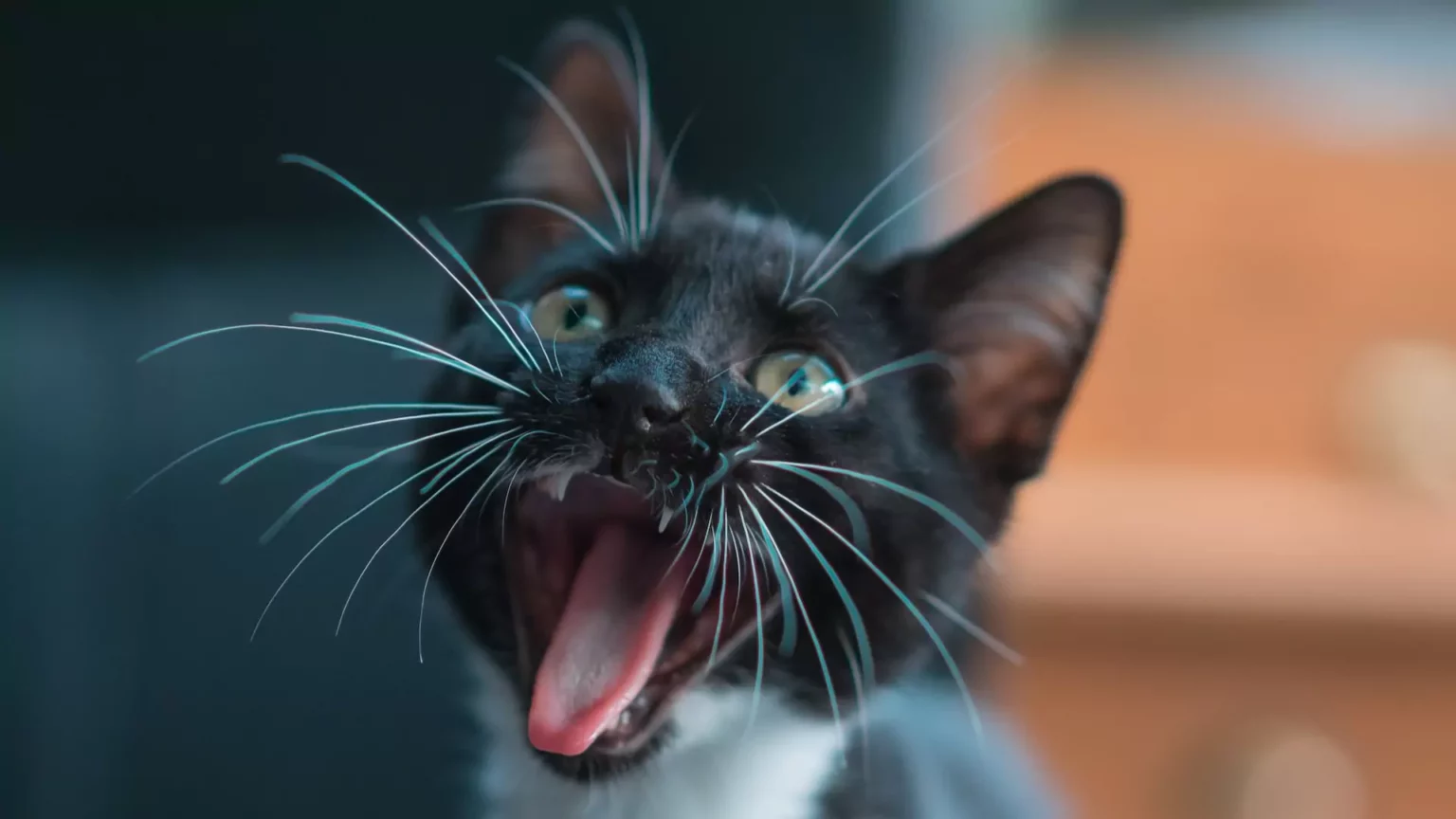Can I file a lawsuit in New Jersey for a cat bite?

In New Jersey, a person bitten by a cat without provocation could file a lawsuit against the owner if they had knowledge of the animal’s dangerous or aggressive behavior and failed to restrain it or provide adequate notice of its tendencies. Cat bite lawsuits may not be as common as those involving dogs, but they still have the potential to result in significant compensatory damages for victims.
Compensatory damages from cat bite lawsuits in New Jersey may include medical bills, lost wages due to missed work, scarring caused by wounds, and pain and suffering experienced both during and after the incident occurred. Successful plaintiffs may also be able to recover additional damages such as punitive damages for particularly egregious cases. It is important for anyone who has been injured by a cat bite to seek legal counsel as soon as possible to understand their rights and determine the best course of action for seeking justice.
No one should have to suffer the physical and emotional consequences of a cat bite, and New Jersey courts recognize this. Victims of cat bites in the state may potentially be able to file a lawsuit to seek financial compensation for their injuries. That being said, it is important to consult with an experienced lawyer who can review the details of your case and help build a strong legal strategy. With the right guidance, you may be able to get justice and pursue much-needed compensation for your losses.
Why are cat bites dangerous?
Cat bites can cause serious damage to the victim, both in terms of physical injury and potential infections. Cat bites are particularly dangerous since their teeth are sharp and angled, which makes them effective at puncturing through skin and muscles. This type of wound has a high risk of infection due to bacteria found in the cat’s saliva, as well as dirt and debris that could enter the wound. It also increases the likelihood of a tetanus infection, especially if the bite is deep enough. The damage from a cat bite can go beyond just an infection; it can lead to permanent nerve damage or even facial disfigurement if untreated.
Victims of cat bites need to seek medical attention immediately to ensure proper treatment is given as soon as possible. Additionally, pet owners need to be aware of the risks associated with cat bites and take steps to ensure that their cats do not bite in the first place. This includes providing proper training and assessing the cat’s behavior regularly to identify any potential aggression or fear-related issues that could lead to a bite.
Overall, it is important to remember that cat bites can cause serious damage and infections if not treated properly. Pet owners need to recognize this risk and take precautions accordingly, while victims should seek medical attention right away if they are bitten by a cat. Taking these steps can help reduce the chances of serious injury or infection from a cat bite.
Does New Jersey have a “one-bite” rule for cats?
In New Jersey, there is no one-bite rule for cats in liability cases. A pet owner may be liable for injuries or damages that their pet causes to another individual or property even if the pet had not previously displayed any dangerous tendencies. Therefore, the owner of a cat can be held responsible for any harm caused by their animal regardless of whether it had previously bitten anyone before. This means that even if the cat has never exhibited any aggressive behavior, its owner may still face legal consequences if it should cause injury to someone else through an action such as biting or scratching.
In addition, a pet owner’s home insurance policy may cover certain damages and/or medical expenses caused by their pet; however, it is important to check with the policy as some insurers may not provide coverage for animals that have a history of aggressive behavior. It is important to note that in New Jersey, pet owners are legally responsible for damages caused by their animals and should take all necessary precautions to prevent such incidents from occurring.
By taking these essential steps, pet owners can ensure that they are prepared in the event of a liability case involving their cat. This helps to protect not only other individuals and property but also the pet owner themselves from potential legal issues or monetary losses. All animal owners need to be aware of the laws and regulations in their area related to animal liability cases. Understanding the rules can help ensure a safe and happy life with your pet!
In conclusion, New Jersey does not have a one-bite rule for cats when it comes to liability cases. Pet owners can be held accountable for any harm caused by their cats regardless of whether there had been any previous indications of aggression. Therefore, it is essential for cat owners to properly evaluate their pet’s personalities and consider any potential risks before allowing them around other people or property. Additionally, they should check with their home insurance provider about coverage options related to pet damages.
“Strict liability” for injuries caused by a dangerous animal.
Strict liability law for pet bites holds that the owner or custodian of a domestic animal is responsible for an animal attack, regardless of whether the owner was aware of the animal’s dangerous propensities or not. This means that even if the attack was unprovoked, or a result of neglect, the owner or custodian can still be held liable for any damages caused by the animal. The purpose of strict liability law for pet bites is to protect the public, by making sure that owners are held responsible for any accidents their animal may cause.
Strict liability law, as it relates to a New Jersey cat bite case, states that an individual who owns or harbors a dangerous animal is held responsible for any harm caused by the animal. This applies to wild, domestic, and exotic animals alike, regardless of whether the owner was aware of the potential danger posed by their pet. In such cases, the injured party does not need to prove that the owner was negligent – it is assumed that they were liable for any damage caused. All that needs to be proven is that an injury occurred because of an animal owned or harbored by the accused individual.
In addition to potential criminal charges, strict liability law can also result in civil action being taken against the pet’s owner. This means that if an individual is injured due to a cat bite and successfully proves it in court, then they may be able to receive compensation for any medical expenses and pain and suffering caused by the incident. The amount of compensation awarded will be dependent on a variety of factors, including the severity of the injury and whether the accused individual was aware that their pet posed a risk to others.
Ultimately, strict liability law ensures that pet owners are held accountable for any harm caused by their animals. It is essential for all animal owners to be mindful of this legislation when caring for their pets, as failing to do so may result in costly consequences. Furthermore, anyone who has been injured due to an animal bite should contact a personal injury attorney as soon as possible to determine what legal options are available to them.
How do I prove a cat was dangerous?
Determining whether a cat is dangerous in a liability case in New Jersey takes careful consideration of several factors. The court will assess the owner’s knowledge of the animal’s aggressive tendencies, any warnings that were given to potential victims, whether the plaintiff was taking reasonable precautions when interacting with the pet, and if it was under the owner’s control at the time of the attack. To successfully prove liability, victims must also provide evidence of the financial damages associated with their injury, such as medical expenses and lost wages due to missed work.
It can be difficult to navigate such a complex legal issue without experienced help. A New Jersey personal injury attorney who specializes in pet-related cases can help victims of a cat attack determine the best route for obtaining compensation for their injuries. They will review the details of the incident and advise what evidence must be gathered to successfully prove liability, such as witness statements or medical records. A New Jersey personal injury attorney may also be able to negotiate a settlement with the pet owner’s insurance provider if necessary. Ultimately, having an experienced legal advocate on your side can greatly improve your chances of getting a favorable outcome in court.
In any case, involving animal bites and attacks, the safety of others should always come first when determining a verdict or settlement. Therefore, it is important to take all possible steps to ensure pet owners are aware of any potential risks associated with their animals so that they can act accordingly to keep themselves and others safe.
Remember: Even cats can be dangerous if they are not handled or managed properly! Liability claims in New Jersey involving a cat attack are serious matters that require thorough investigation to determine liability. If you’ve been injured by a pet, contact an experienced attorney for help. They will review the facts of your case and advise on how best to proceed toward justice and compensation.
Damages for cat bites in New Jersey
In a cat bite case in New Jersey, the liable party could be responsible for compensatory damages. This includes medical expenses, lost wages from time off work, and other out-of-pocket costs associated with the incident. Additionally, they may also be held responsible for punitive damages if there is evidence of gross negligence or recklessness on their part.
Finally, the victim may be awarded pain and suffering compensation to cover emotional distress and physical discomfort related to the injury. It is important to note that all awards must adhere to New Jersey’s statute of limitations laws. For these reasons, it is highly recommended that victims consult legal counsel when seeking justice in a civil suit following an animal attack.
It is essential to act against a liable party in the event of a cat bite. Not only will this ensure that the responsible party is made to pay for their negligence, but it also sets an example so that negligent pet owners are more likely to take preventative measures in the future. Taking legal action is the most effective way to hold people accountable and get justice in New Jersey when it comes to animal attacks.
With competent legal guidance, victims can seek full financial compensation for all damages incurred from a cat bite incident. This includes both economic and non-economic losses stemming from medical bills, lost wages, pain and suffering, and other associated costs.
Can I get punitive damages in a cat-bite lawsuit?
Punitive damages are those intended to punish the wrongdoer and deter similar future misconduct. In New Jersey, punitive damages may be sought in cases where a defendant has acted with malice, oppression, or fraud, or demonstrated conduct that was wanton and willful. Punitive damages for cat bites may be awarded depending on the circumstances of each case; however, such damages are rarely available as a remedy because plaintiffs must prove more than mere negligence on behalf of the defendant.
To award punitive damages for a cat bite lawsuit in New Jersey, it must be established that the defendant’s actions were motivated by either an intent to harm or gross negligence. These types of lawsuits involve situations in which the defendant’s behavior was reckless, callous, or malicious. The plaintiff must demonstrate that the defendant either knew or should have known of the risk posed by their pet cat and failed to take appropriate action to protect others from it. If a court finds that such behavior is culpable, punitive damages may be awarded as an additional measure of punishment and deterrence.
Cat bite lawsuits can be complex due to the difficulty in determining whether a defendant was negligent in controlling their pet’s behavior. For this reason, plaintiffs need to seek legal advice when pursuing this type of claim to understand their rights and chances of being awarded punitive damages. An experienced attorney can review the facts of each case and advise on how best to proceed with seeking compensation for damages.
Ultimately, punitive damages for cat bites in New Jersey are rarely awarded but may be available in cases where the defendant’s conduct was particularly egregious and motivated by malice or gross negligence. It is important to seek legal advice if considering a lawsuit of this nature so that one has a better understanding of their rights and potential remedies.
Related Blogs
No Fee Unless
GGL Wins
We've got you covered.
We are available 24/7/365
One of our advisers will contact you.

OFFICIAL PARTNER OF RUTGERS ATHLETICS



Recent GGL Wins
Auto Accident
Mediation award Plaintiff was injured in an intersection motor vehicle collision resulting in neck and lower back fusion surgeries.
$2 Million
Verdict
Workers Compensation
25-year-old laborer died in an industrial accident while working.
$1.15 Million
Verdict
Construction Accident
Roofer fell off roof causing head trauma resulting in a head injury. Plaintiff was not given fall restraint protection equipment by contractor.







